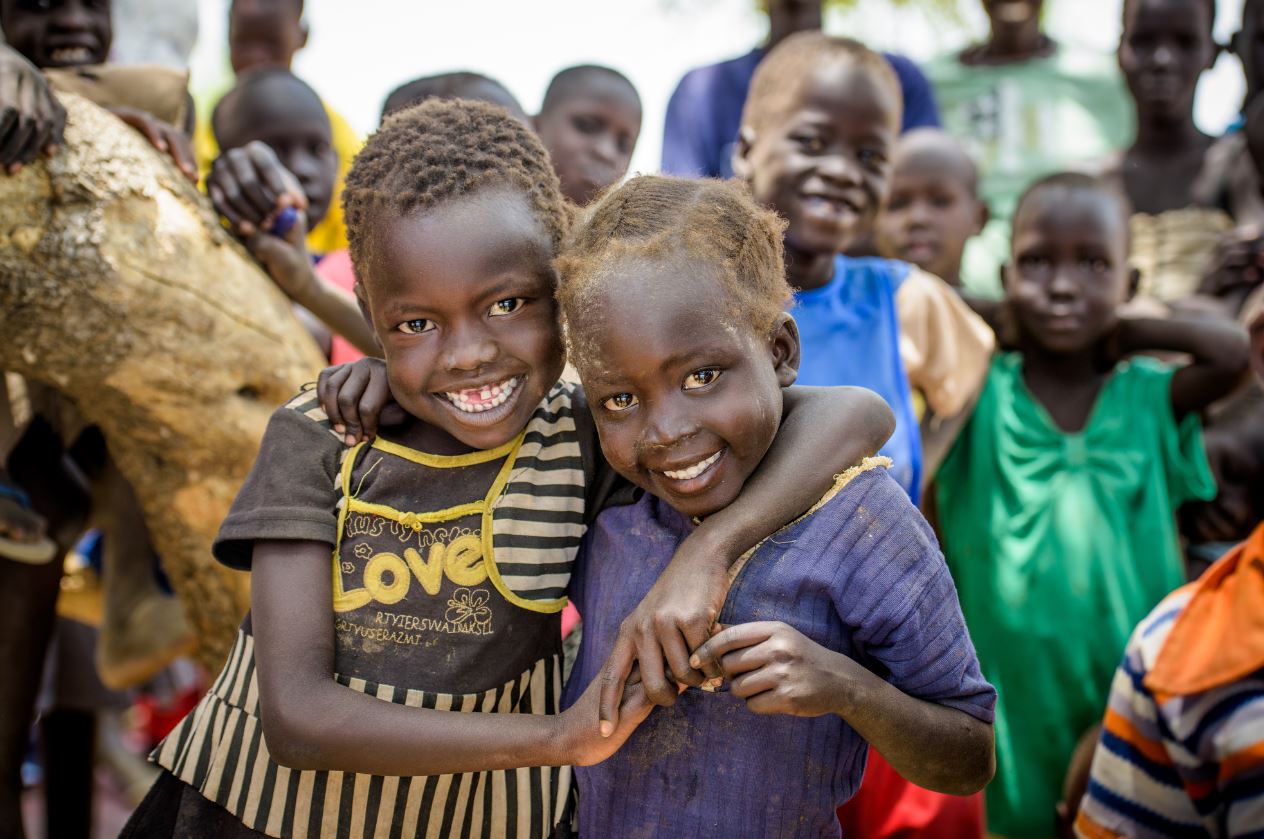South Sudan Deal is Just the Start of a Long Road to Peace
Media Contact :
August 27, 2015
Senior Public Relations Manager
[email protected]
m 202.679.1620
Media Contact :
August 27, 2015
Senior Public Relations Manager
[email protected]
m 202.679.1620

JUBA, South Sudan (August 27, 2015) — The signing of the peace agreement by President Salva Kiir Mayardit is a positive step toward ending the brutal 20-month civil war, but aid agencies CARE, International Rescue Committee (IRC), Oxfam, and World Vision say it is only the beginning of a long, hard journey toward peace and reconciliation.
International and regional diplomatic actors should monitor the peace agreement to ensure the protection of civilians, guarantee their safe access to humanitarian assistance, and support programs that will help people improve their lives.
“With this agreement, World Vision remains hopeful that that the children of South Sudan will now have a brighter future as they have borne the brunt of this conflict,” said Perry Mansfield, World Vision’s national director in South Sudan. “A cessation of conflict will mean that people can get back to their land and can start averting the drastic food shortage that is facing hundreds of thousands of people across the country. This is the most immediate need and the best way that we can help children, their families and communities rebuild their lives.”
“This agreement is an important first step towards ending the unbearable suffering of millions of South Sudanese,” said Zlatko Gegic, country director for Oxfam in South Sudan, “but much more needs to be done to ensure lasting peace and stability. With millions of people hungry, it is crucial that all warring parties respect the agreement, stop fighting immediately and allow life-saving aid to reach people where they are. It is time for South Sudan’s leaders to support community reconciliation, forge a path for peace that addresses the root causes of conflict, and redouble efforts to rebuild the economy. Donor governments need to urgently fund emergency assistance for the 4.6 million South Sudanese still severely hungry, and the millions more who need clean water, shelter and help to rebuild their lives.”
“This is good news, but the people of South Sudan need more than words,” said John Hoare, country director for CARE in South Sudan. “They need real commitment from their leaders to ensure that this is a lasting peace, that the violence has ended and the reconciliation process can begin. This conflict has disrupted lives and livelihoods across the country; families have been separated, homes and villages destroyed. CARE calls on all parties to the conflict to ensure this agreement is honored, so that South Sudan can start the long, difficult task of rebuilding.”
“This peace deal is a first step to restoring safety, dignity, and hope to civilians in South Sudan who have experienced horrific violence for nearly two years,” said Ronald-Paul Veilleux, country director at the IRC in South Sudan, “but the value of the peace deal will only be seen in how it is implemented on the ground. A peaceful environment is essential to enable organizations like the International Rescue Committee to deliver unencumbered humanitarian assistance to those most in need — something that has been challenged over the last 20 months.”
The people of South Sudan should have a say in the future of their own country. Any reconciliation process should include the voices of all South Sudanese — various ethnic groups, political parties, civil society, faith groups, youth and women — and ensure their needs and interests are represented.
– END –
About World Vision:
World Vision is a Christian humanitarian organization conducting relief, development, and advocacy activities in its work with children, families, and their communities in nearly 100 countries to help them reach their full potential by tackling the causes of poverty and injustice. World Vision serves all people regardless of religion, race, ethnicity, or gender. For more information, please visit www.WorldVision.org/media-center/ or on Twitter @WorldVisionUSA.